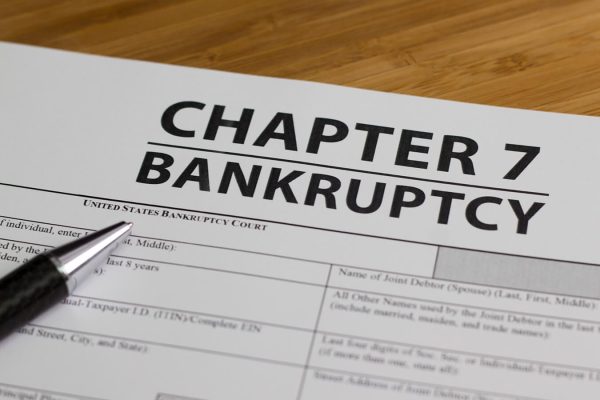Probate is a complex legal process that verifies that a deceased person’s will is authentic. It also involves locating and valuing assets, paying bills, and distributing property to heirs and beneficiaries.
A Georgia probate judge oversees this process. This includes publishing a notice that gives creditors the chance to submit a claim.
Table of Contents
1. Taxes
Georgia probate court cases are public records, so anyone can get copies of any paperwork filed in the case. While this lack of privacy may not matter to many people, it could cause a problem for some heirs and beneficiaries who include highly personal information in their Will.
During the probate process, the judge ensures that the deceased’s assets are properly distributed to their heirs or beneficiaries. He also makes sure that the deceased’s debts are settled.
In addition to settling claims against the estate, the personal representative must oversee a variety of other tasks, such as getting appraisals and determining taxes owed on estate property. Families who need help with these or other probate-related issues can contact Thrift McLemore for assistance. The firm handles complicated probate cases in Atlanta and can assist with filing court documents, obtaining appraisals, and determining creditor demands. It can also help clients avoid the probate process through careful planning. Ideally, this would involve creating a trust with the help of an attorney.
2. Expenses
According to Benjamin Franklin, “the only things certain in life are death and taxes.” Unfortunately, estates can be subject to numerous expenses. Probate court provides a forum for settling the deceased person’s assets, paying financial obligations and estate tax and distributing the property to the heirs.
It also serves as the venue for disputes that may arise in the course of estate administration. These can be based on various issues, including allegations of undue influence or lack of capacity.
In addition to the statutory fees for executors and administrators, there are additional costs associated with filing petitions and proceedings in probate court. These include court filing fees and attorney’s fees. It is important to note that the staff at probate court does not provide legal advice or recommend a particular proceeding, as this would be considered the unauthorized practice of law. An experienced Atlanta estate planning lawyer can help heirs and beneficiaries determine the appropriate proceeding for their situation.
3. Documents
Georgia probate judges are there to make sure that estates get settled properly and that creditors and heirs are notified. The process starts with a petition to open probate filed by the executor of the estate (or an administrator in cases where there is no will).
This initial filing identifies the deceased individual’s assets and includes the will (if there is one) or state law determining who will receive what. Heirs and creditors will then be notified of the proceedings, and the executor will begin to pay financial obligations as well as settle any remaining assets.
Probate court staff can answer basic questions, but they cannot give legal advice. A knowledgeable lawyer can make sure that all the proper paperwork is filed and assist with any disputes that may arise. They can also recommend ways to prevent a probate case, such as transferring many assets into a revocable living trust. This can save a great deal of time and money during the probate process.
4. Heirs
Heirs are the relatives who automatically inherit property from a deceased person if they die without a will. Heirs at law include children, surviving spouse, parents, siblings, grandparents and any other blood relatives. Other relatives, including aunts and uncles, nieces and nephews are called collateral heirs.
Heirs receive their inheritance based on the state’s intestacy laws. Beneficiaries, on the other hand, are entitled to property according to instructions outlined in a will or trust document. This difference in entitlement can give rise to conflicts and disputes.
Heirs are owed fiduciary duties by the executor, administrator or trustee and must act to protect their rights. If they believe there is wrongdoing, they may file a petition during the probate process or afterward. This can be a time-consuming and expensive endeavor, so it is important to take steps to prevent such claims from occurring in the first place. By having a legal will, you can make the process of estate settlement far easier for your family members.











